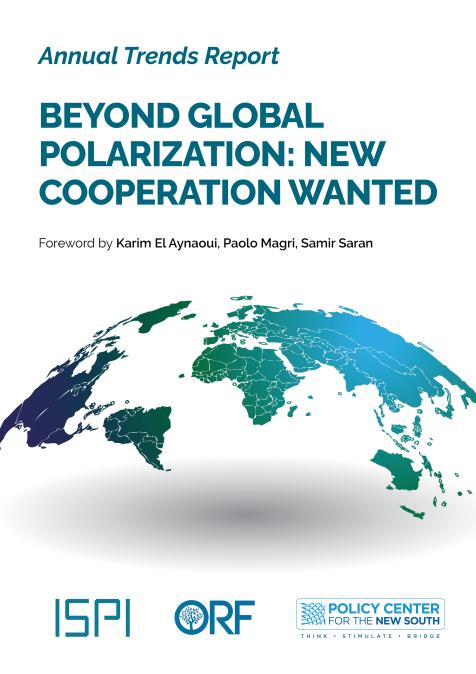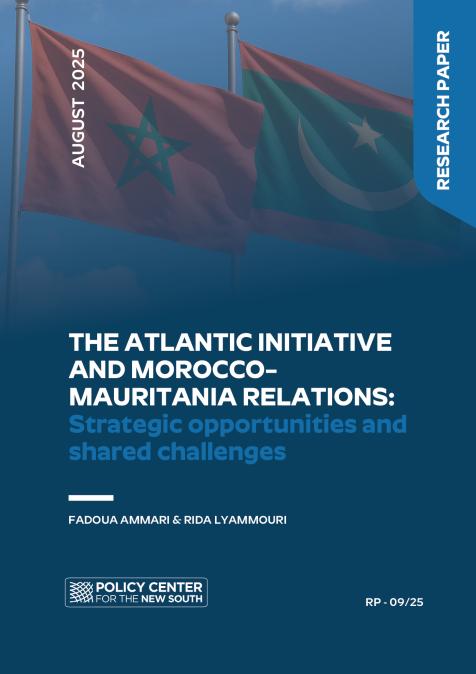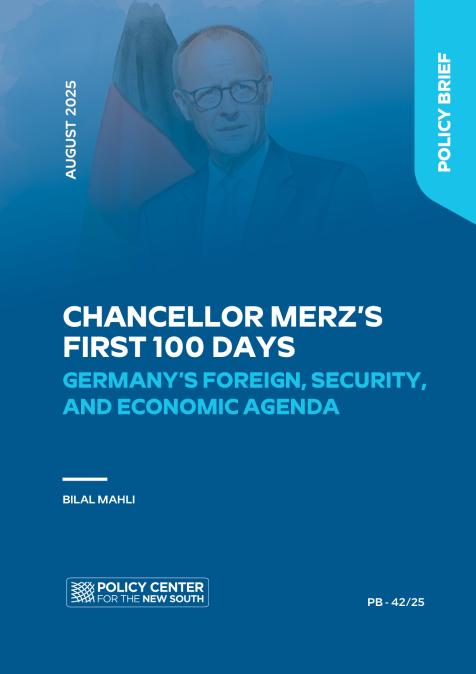Publications /
Opinion
A few months ago, Indian Prime Minister Modi announced that his country had improved its space capabilities by shooting down from Earth a low orbit satellite that was 300 km away in space. Most commentators assume that the destroyed target was an Indian satellite, presumably outdated or no longer fully functioning. Modi further reassured the international community by stating that the technology will only be used for security, peace, and development purposes, and that the act did not breach any international agreement. With this strike, India becomes the fourth country to wield anti-satellite technology after the US, Russia, and China. This development highlights how technological achievements in the field of space, and more specifically satellites, allow a country to increase its power and to strengthen its role in global politics. In this case, India acceded to the very close circle of superpowers with the ability to strike down satellites. But more generally, middle powers are similarly able to extend their sphere of influence by using satellites, both from a soft and a hard power perspective.
The innovative role of satellites in addressing global development issues – Beyond the Indian strike, the civil use of satellites is remarkable. Modern civil satellites can contribute to various sectors, such as global communication, weather forecasting and analysis, broadcasting, navigation, education, or agriculture. Telemedicine is also an interesting domain in which satellites can help to address global or regional epidemics, such as Ebola, through remote interviews between doctors and disease centers, or by providing instant access to broadband services in remote underdeveloped areas where health services are lacking, thereby ensuring faster response times in crisis situations. Another feature is the delivery of extremely precise analysis of the Earth’s geography to track climate-related developments and patterns, including climate change, deforestation, and desertification. Satellites are additionally fundamental in providing global navigation and communication services, such as the High Data Rate GEO satellites which enable high speed internet in countries that lack advanced cable or fiber ground infrastructures. In 2003, Nigeria, a regional middle power, launched its first Earth observation satellite, a microsatellite called NigeriaSat-1, which has provided valuable data to inform economic and development planning; it also addresses issues such as land use/land cover, early warning, mapping, and monitoring of major roads, erosion, floods, and deforestation.
Satellites as a tool for regional cooperation and diplomacy – Satellites can help foster regional cooperation and diplomacy. This is the case when a country agrees to share the benefits of its satellites with regional neighbors, with the aim of strengthening the relations between the countries involved. Similarly, such cooperation can be conceived as a tool to promote peace when the satellite sharing arrangement improves the relations between states whose relations are historically difficult. Coming back to India, in 2017 it launched a regional satellite called South Asia satellite, which is providing a full range of applications (Very Small Aperture Terminals; Direct-to-home services; tele-medicine; tele-education; broadcast; meteorological; disaster management support…). The South Asia satellite aims to service not only India, but also its neighbors (Bangladesh, Bhutan, Nepal, Maldives and Sri Lanka), with the exceptions of Pakistan and Afghanistan out of concerns that India could use it for surveillance. It is worth noting that India agreed to share the information with the participating countries at no cost, with each country having access to at least one transponder through which they could transmit their own programming. Similarly, Nigeria has engaged in a coalition with South Africa, Algeria, and Kenya under the African Resource Management satellite constellation project, whereby each country will contribute one satellite to the constellation whilst being given access to the others. Comparable considerations could drive Morocco’s use of its satellite network, by sharing data and other services of its satellites with its closest Sub-Saharan African allies who do not have or lack significant outer space facilities, such as, amongst others, Cameroon, Gabon, Ivory Coast, and Senegal.
The formalization of space policy – The elaboration of a structured space policy is a necessary step for states that are aspiring to increase their power through the use of satellites. This is a long and cumbersome process for emerging space nations such as middle powers. However, a relevant precedent to look at is South Africa’s development and implementation of a formal and coordinated national space policy in less than a decade. According to South African scholar Peter Martinez, this development followed a series of successive targets aiming to provide the country with a space policy. In particular, the identification of a platform for space policy dialogue, the cooperative governance approach between ministerial departments, the use of policy logic coalitions between stakeholders, the promotion of industrial development, and the development of human capital in the space sector all constitute exemplary precedents for emerging space nations to follow in establishing or consolidating their domestic space policy.
The militarization and weaponization of satellites – This is a major challenge for middle powers in a context of increasing competition between superpowers. Satellites constitute a new element of hard power, starting with surveillance satellites, which have become a necessary tool to assert and maintain territorial sovereignty against external and internal threats, such as drugs trafficking and human smuggling, terrorism, espionage, and potential armed conflicts. In this respect, the launch in 2017 and 2018 by Morocco of its two satellites Mohammed VI-A and Mohammed VI-B is an excellent illustration of how a middle power can use satellites not only to support civil usage (mapping and land surveying, regional development, agricultural monitoring, prevention and management of natural disasters, monitoring of environmental changes and desertification), but also, according to Arianespace, for border and coastal surveillance. The next challenges for middle powers are the risks arising from weaponized satellites (using laser weapons and missiles), Anti-Satellite (ASAT) weapons using kinetic technologies (like missile defense interceptors), "space-stalkers", cyberattacks or frequency jamming. These technologies seem to be, at this stage, the exclusive prerogatives of the American, Russian and Chinese superpowers, and more recently India. They will inevitably become attractive to middle powers too.
The opinions expressed in this blog post are the views of the author











